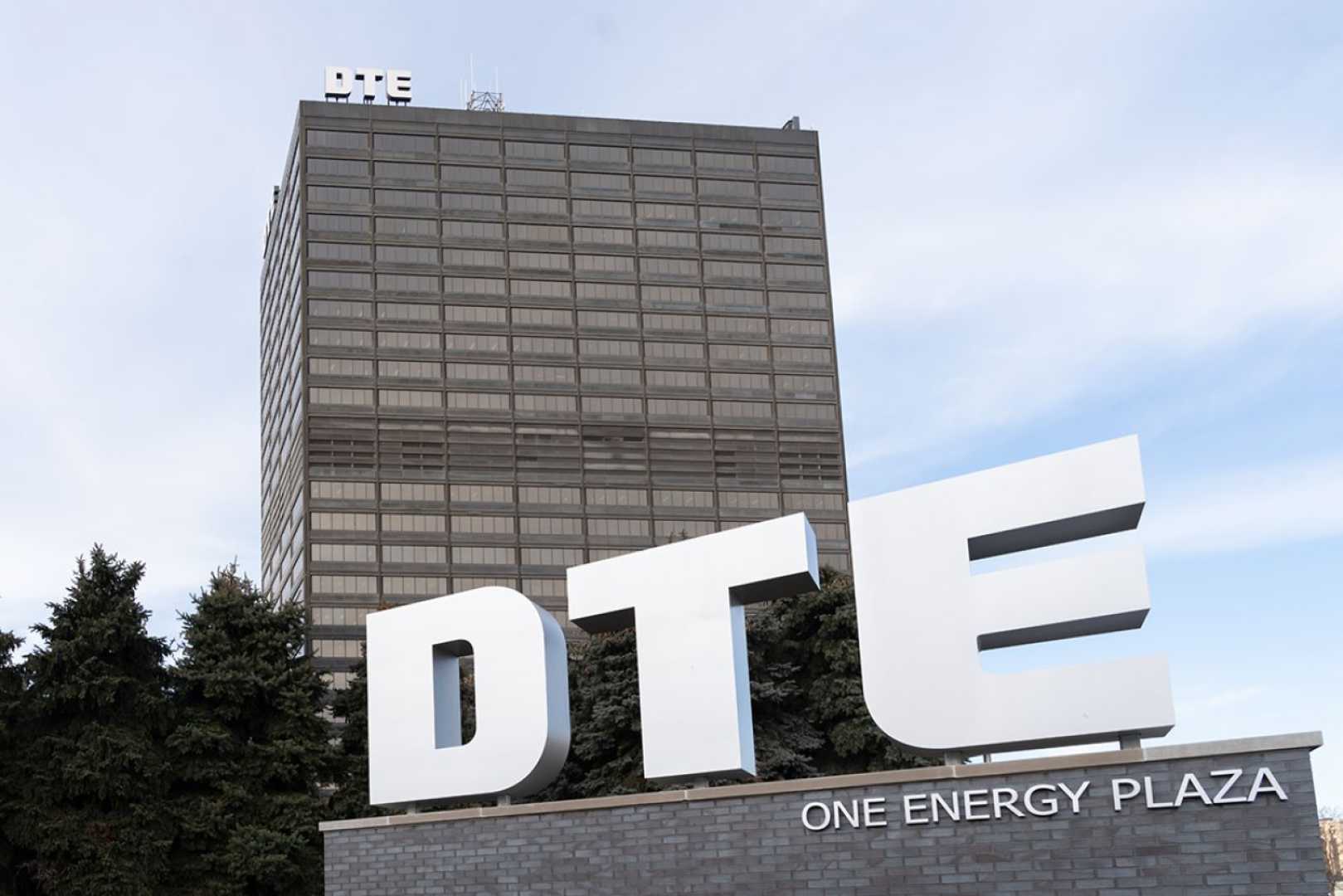Business
DTE Energy Proposes $574 Million Rate Hike in Michigan

LANSING, Mich. (WJRT) – DTE Energy, Michigan‘s largest electric utility, has proposed a $574 million rate hike, which would increase residential bills by approximately 11%. If approved, the typical customer would pay an additional $13.50 per month starting in early 2026.
The application, filed with the Michigan Public Service Commission (MPSC) on April 24, comes just three months after the commission approved a $217 million rate increase. Consumer and environmental groups immediately criticized the utility’s request.
Bob Allison, deputy director of the Michigan League of Conservation Voters, stated, “We already pay the highest energy costs in the Midwest for the worst reliability. This latest request is a slap in the face to Michiganders that are struggling to afford their bills.”
This marks the fourth consecutive year DTE has sought to raise electric rates for its 2.3 million customers. The utility emphasized that the rate hike request is the beginning of a 10-month review process, and any increase would not affect bills until February 2026.
DTE spokesperson Ryan Lowry explained that the proposed increase supports efforts to enhance electric reliability amidst extreme weather and transition to cleaner energy. Last year, DTE saw a nearly 70% improvement in the time customers spent without power, credited to over $5 billion in grid investments over five years.
The rate increase aims to address recommendations from recent audits that highlighted DTE’s infrastructure issues. Advocates argue that the utility prioritizes capital investments that yield returns over regular maintenance, which could reduce outages.
Amy Bandyk, executive director of the Citizens Utility Board of Michigan, remarked, “The link between reliability and affordability is evident. DTE continues to overlook effective strategies for improving reliability that don’t require substantial spending funded by customers.”
In response, DTE stated it has increased spending on tree-trimming, which is a leading cause of outages, and insists on the need for a comprehensive approach to strengthen the grid.
Part of the proposed rate hike also focuses on transitioning away from coal by converting the Belle River coal-fired plant to natural gas. While natural gas is still a fossil fuel, it is less harmful than coal.
The legal process for the rate case involves scrutiny from various groups, including the Michigan Attorney General’s office, which hopes to challenge the utility’s request and advocate for consumers.
Assistant Attorney General Michael Moody noted, “Navigating this process is a significant resource drain, emphasizing the need for thorough evaluation of utility proposals.”












